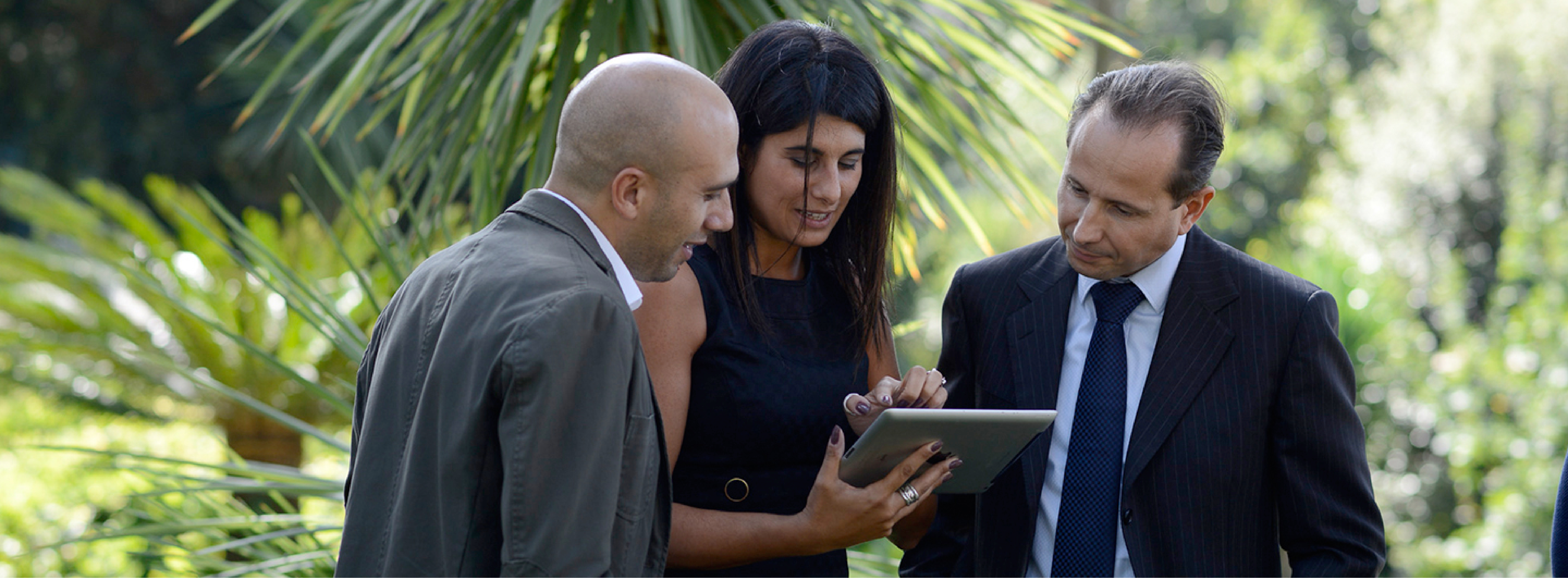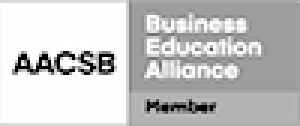How to Submit
Abstract submission
Submissions for the #emmarome conference are invited as paper proposals in the form of abstracts (500-750 words maximum excluding references) followed by a full paper (» 6000 words maximum excluding references) if the abstract is accepted.
The abstract should address the following evaluation criteria:
- Introduction: research purpose, context, and empirical phenomenon (practical and social relevance, connections to the previous research), and relevance to media management scholarship (theoretical relevance).
- Methodology: overview of the key scientific methods employed, analytical steps, and reflections on data.
- Tentative results: summary of (expected) results, findings, outcomes.
- Tentative contributions: theoretical contribution, practical implications.
All submissions will go through the process of double-blind peer review.
Full papers can be considered for the #emmarome Best Paper Award (€300) only if they are submitted before 25 April 2025.
Deadline for abstract submission: 14 February 2025 – Extended deadline for abstract submissions.
Further information
- Submissions must be in the format of the Journal of Media Business Studies (JOMBS). That is English, size 12 font, Times New Roman and double-line spacing.
- All paper submissions MUST include an ORCID number of the corresponding author. If you do not have one, please register at ORCID.
- #emmarome will not incorporate a hybrid option for online paper presentations.
Special session submission
The #emmarome conference also welcomes submissions for special thematic sessions that were successfully introduced for the 2024 conference. We further encourage the exploration of interactive and inventive session formats that ideally align with the conference’s overarching theme. Such sessions could for example touch upon (i) methodological innovations or the plethora of media management methodologies in general, (ii) topics, methods, formats, and didactical issues in media management education, (iii) preparing for international collaboration in research (edited volumes, joint projects), (iv) strategies and measures for the further development of emma as an organization (e.g. positioning of the association within various other academic communities, geographical growth, exploring new themes, launching new initiatives for specific stakeholders of the association or the association at large, activities together with the European media industry possibly in the context of Emma).
These sessions will be slotted as concurrent offerings within the conference schedule.
To guide your special session proposals, please adhere to the following set of guidelines:
- The session’s duration should ideally be no longer than 60 minutes with a maximum of 90 minutes on request. The suggested duration should be indicated in the proposal.
- At least four participants, originating from a minimum of two distinct universities and/or institutions, must be included in the application. It is essential that all participants commit to being available throughout the entireconference program.
- The proposal should be submitted by a designated session chair, who will assume responsibility for all facets of the sub-session, including coordination during the conference and acting as the corresponding author.
- Proposals for special thematic sessions should not exceed a word limit of 1250 (excluding references) and should include a narrative supporting the relevance and novelty of the topic and the relation to the conference theme.
- When the submission system asks for author information, please enter only the name and affiliations of the session chair, not the names of the other authors or contributors, these should be added to the proposal text.
- Special session proposals will undergo a peer review process. Please note that this review will not be conducted blindly. Instead, it will focus on evaluating the session’s alignment with the conference theme, the relevance of the proposed topic, as well as the quality and novelty of the session’s concept.
PhD Workshop
In cooperation with the European Media Management Association, the German PhD Network MedienökonomieJR is organizing a workshop for PhD students.
Doctoral students in media economics and media management have the opportunity to present their dissertation projects or parts of it, and benefit from feedback provided by peers and experienced scholars.
To address the needs of participants in different dissertation phases, the workshop is structured into three groups:
- Starting Phase: Focused on the overall design of your dissertation project. Topics might include the planned sub-projects, research questions, theoretical framework, and methodology.
- Project Phase: Here, the focus shifts to specific details of a project or paper. This could be a work-in-progress draft or particular methodological issues you’re currently tackling. The workshop is designed to provide targeted feedback on ongoing work.
- Final Phase: Dedicated to wrapping up the dissertation, including framing the overall project and preparing for final presentations or defenses.
The workshop will be conducted in a round-table format with discussions in small groups (one respondent for two to three doctoral students). Professors, post-docs, and other participants will provide feedback and engage in discussions based on the questions raised by the participants. Whenever possible, participants will be grouped according to their dissertation phase.
